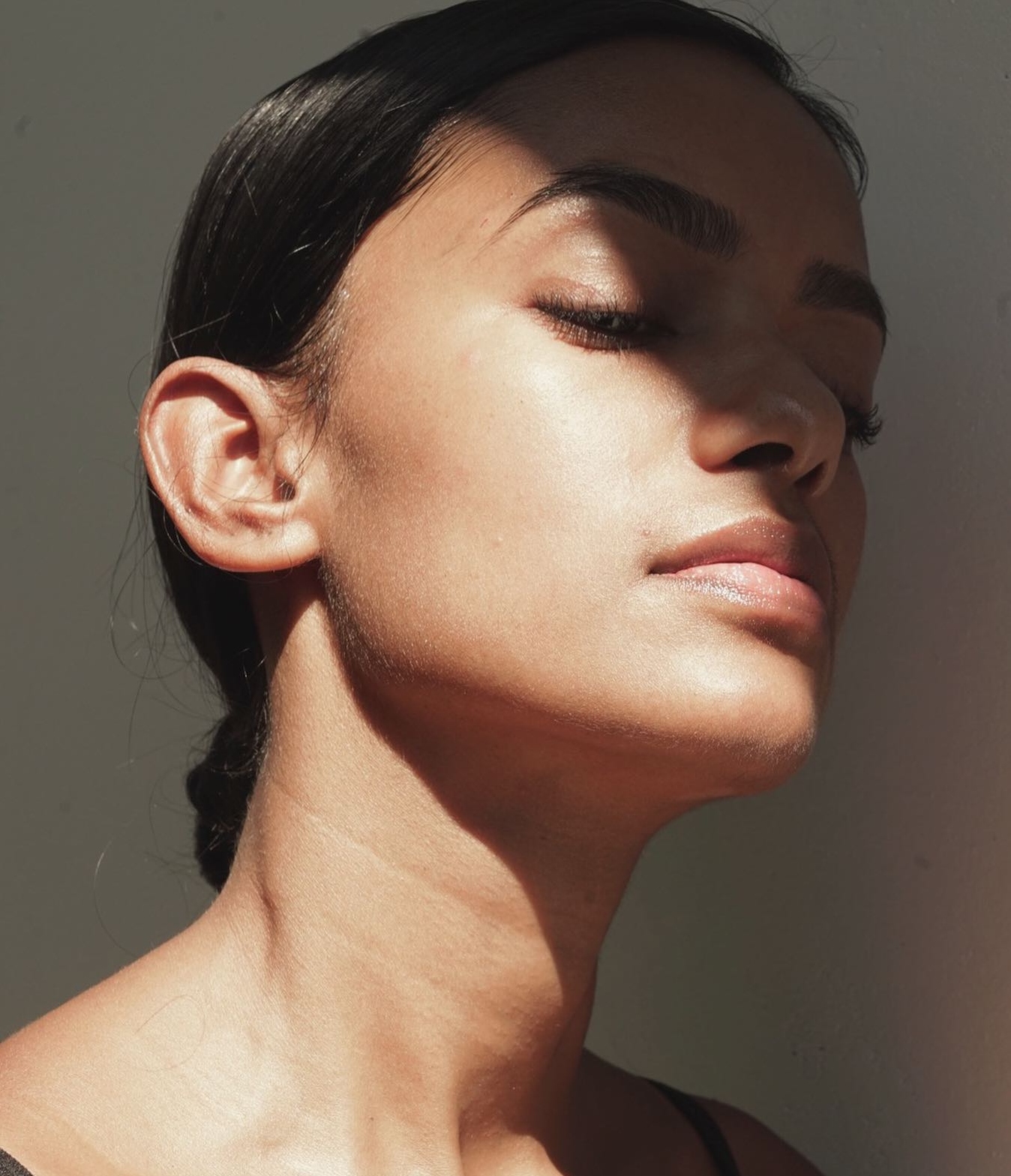
I’ve recently been on an organic skincare kick and I can’t really say that I’m mad about it. Although there are plenty of products out there on the market using the words “clean” or “nontoxic” as a selling point, I like to focus on skincare that includes research-backed natural ingredients that will make my complexion glow—plain and simple. It hasn’t always been easy finding the right organic products for my skin though. You name it, I’ve struggled with it—acne, hyperpigmentation, dehydration, dullness—I’m only beginning to get my skin to a happier, healthier place.
One key part of my routine that took a while to nail down was finding the right moisturizer. It was difficult to find one that included all the ingredients I love for my skin, was mostly organic, and provided rich moisture for my dehydrated skin without breaking me out. After much trial and error, I found a few favorites that I always keep in my rotation now. When shopping for the right face moisturizer (especially a natural one), you’ll definitely want to get to your skin and how it reacts to certain ingredients. Although it can be overwhelming trying to sort through the many beneficial organic ingredients out there, there is at least one that estheticians swear by for every skin type. If you’re in the market for an organic face moisturizer and are curious about what key ingredient it should include, read on. I’ve tapped two master organic estheticians to share their insight and recommendations.
Master organic esthetician Katie Sobelman says that if you have sensitive or acne-prone skin, there are a few things you should keep in mind when shopping for a natural face moisturizer. “Niacinamide is one of my favorite ingredients to support healthy skin,” she says. “Whether you’re battling breakouts or dryness, niacinamide can help. A 2013 study showed that 4% niacinamide worked as well as 1% clindamycin, offering an antibiotic-free acne treatment.” If you weren’t totally sold by the above, Sobelman has even more good things to say about niacinamide. “Rarely is there an ingredient that can treat acne and dryness, but niacinamide does it all. It increases ceramide and fatty acid production in the skin to restore suppleness, and studies show it to be more effective than Vaseline (petrolatum) at reducing water loss and increasing skin hydration levels.” In addition to all this, niacinamide can also help stop your skin from overproducing oil, making it a great option for those with oily skin too.
Niacinamide is her top ingredient choice, but she also stresses that there are a few things to avoid if you’re acne-prone. “Avoid moisturizers that use pore-clogging oils, like coconut and chia seed, as the molecular size of the oil is too large to penetrate deep into the skin. Not sure if the oils in your moisturizer are pore-clogging? Run a quick Google search for the oil’s “comedogenic rating.” Many of us have essential oil sensitivities that can lead to breakouts and irritation, so be on the lookout for products that include them.”

Sobelman also says those dry skin types will want to seek out hydrating and nourishing ingredients like hyaluronic acid, ceramides, and replenishing lipids. “Ceramides and lipids make up both the outer layer of our skin and the extracellular matrix—the solution between our skin cells holding it together,” she shares. “Both can be found in moisturizers and are fantastic at locking in hydration (like hyaluronic acid) and supporting the skin’s barrier. Most sensitive skin showing signs of type one rosacea has an impaired barrier and needs more ceramides and lipids to reduce that pesky redness through the cheeks.”
If you’re shopping for an organic moisturizer and want to know what other natural ingredients to consider, master esthetician and Flora Mirabilis founder Jordan LaFragola has you covered. “If you have acne-prone skin, you want to look for ingredients with a low comedogenic rating, meaning they are not pore-clogging,” she says. “Almond, apricot kernel, argan, grapeseed, hemp, pomegranate seed, sacha inchi, and safflower are great choices. You also want to look for antibacterial and anti-inflammatory ingredients, such as cedarwood, frankincense, lavender, and tea tree. Ingredients rich in linoleic fatty acids will restore your skin’s barrier, making it look plump and youthful. Fruit seed oils are excellent sources, and sacha inchi has one of the highest levels of linoleic fatty acids of any plant oil. Ingredients with brightening and resurfacing properties are also key. Sandalwood is a particularly great anti-aging oil, as are Frankincense, rose, apple cider vinegar, and vitamin C.”
For a few great moisturizer options, keep scrolling below.
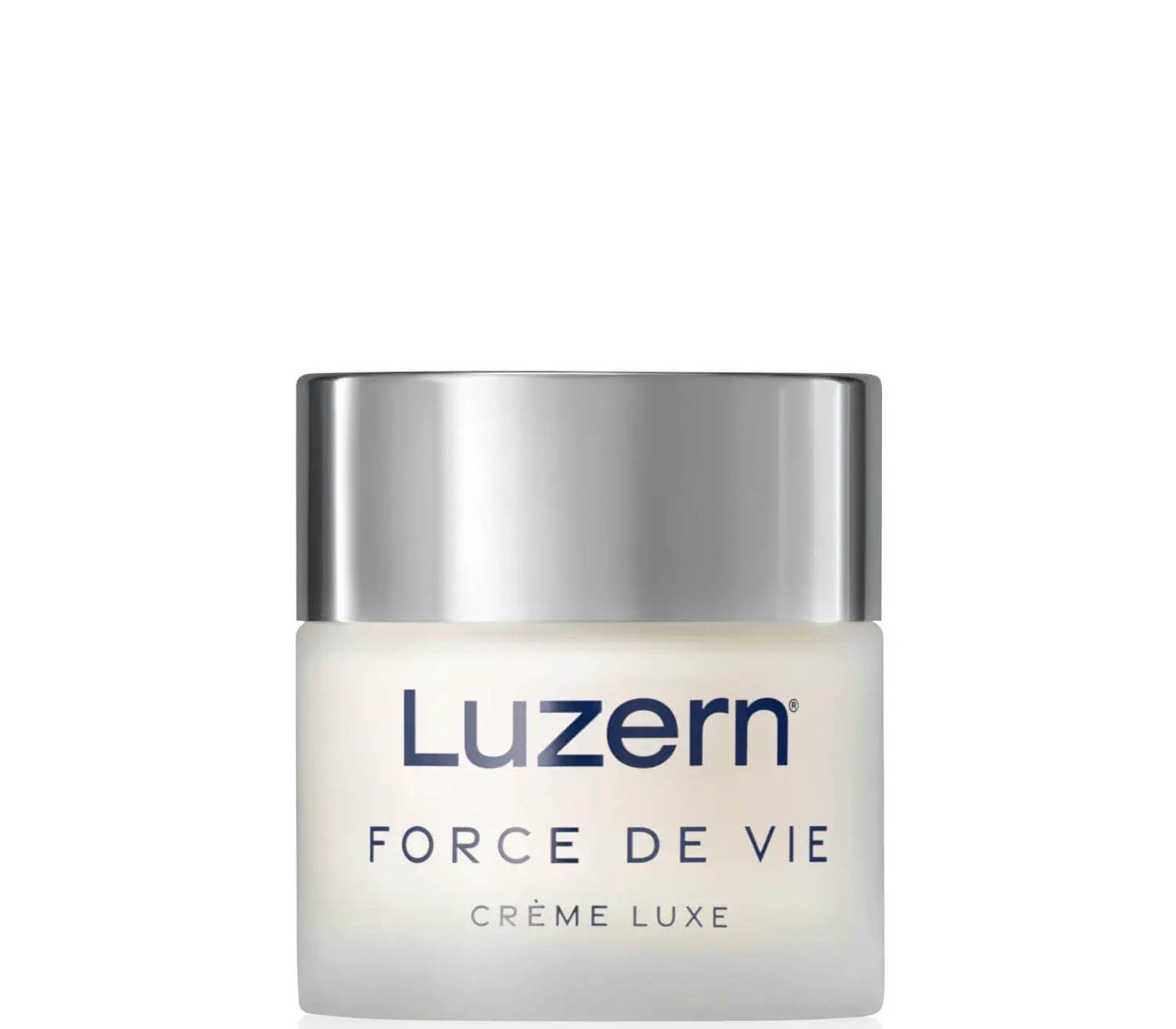
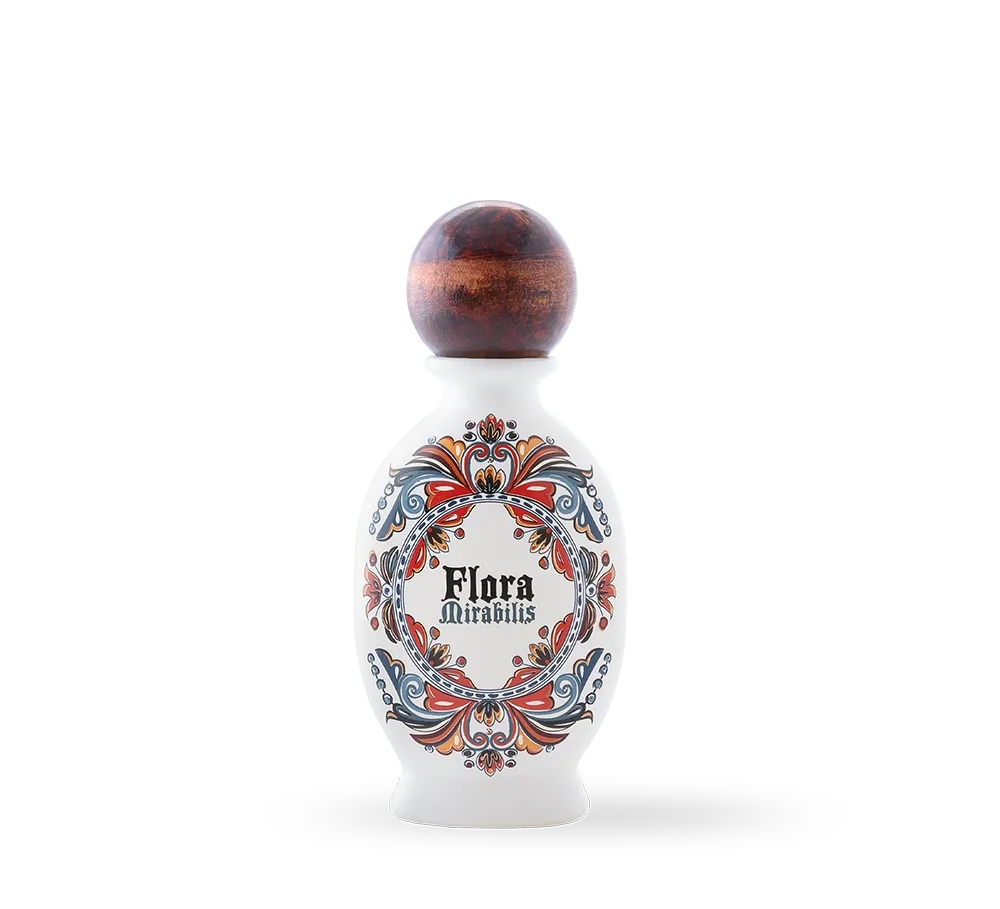
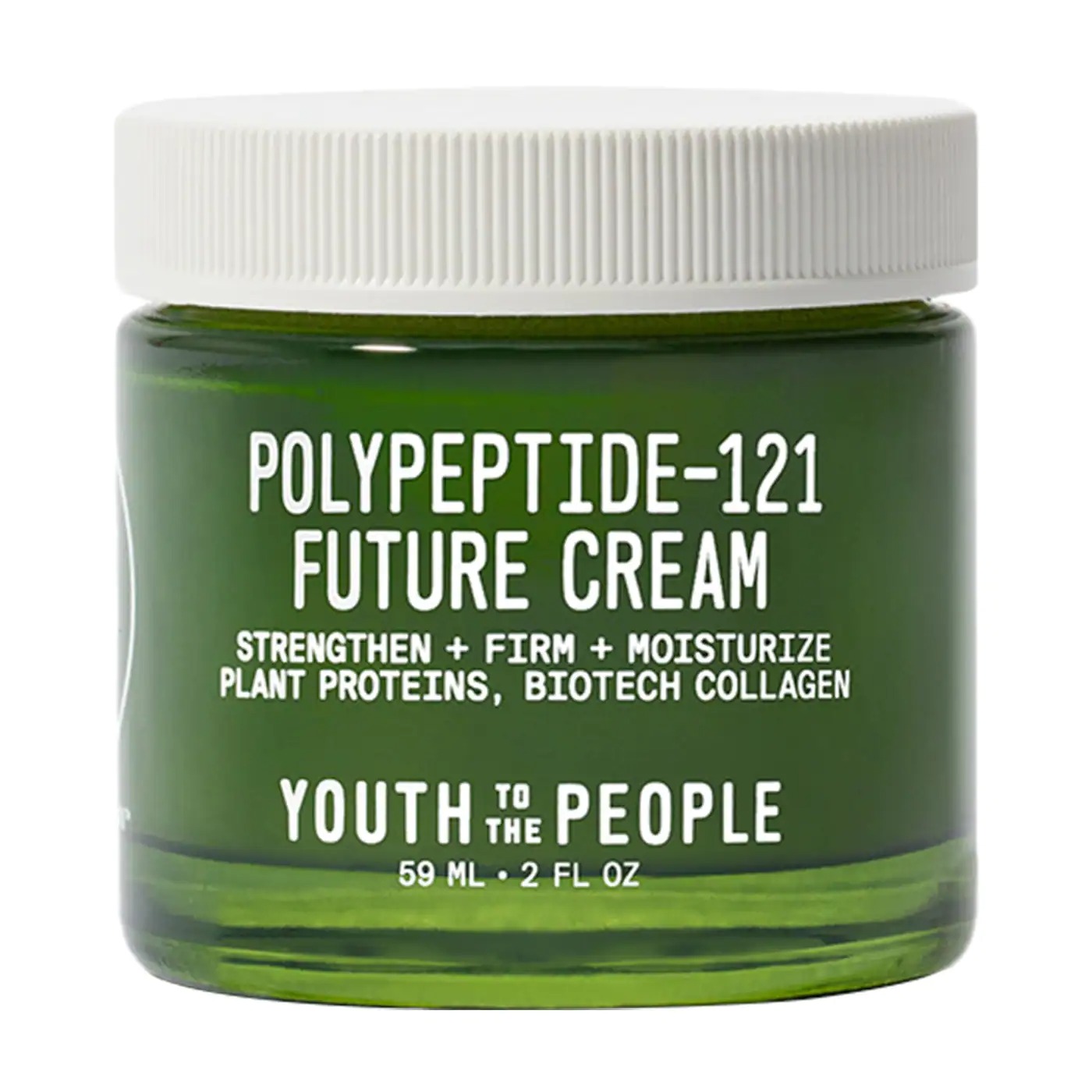
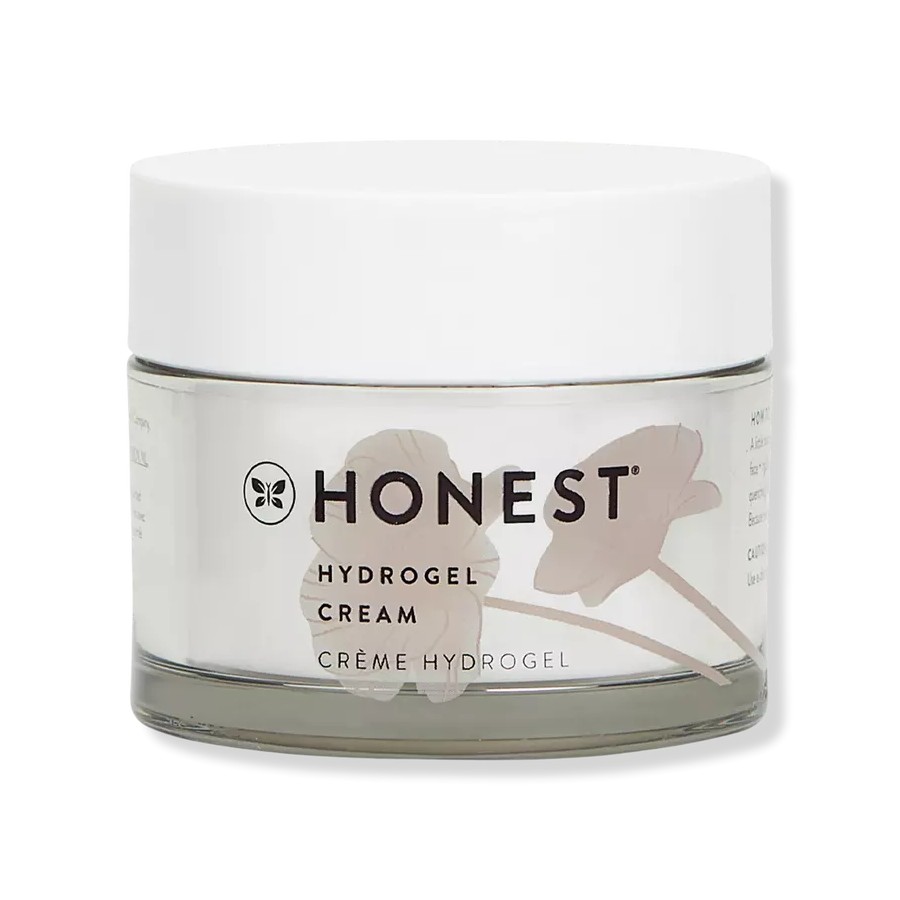
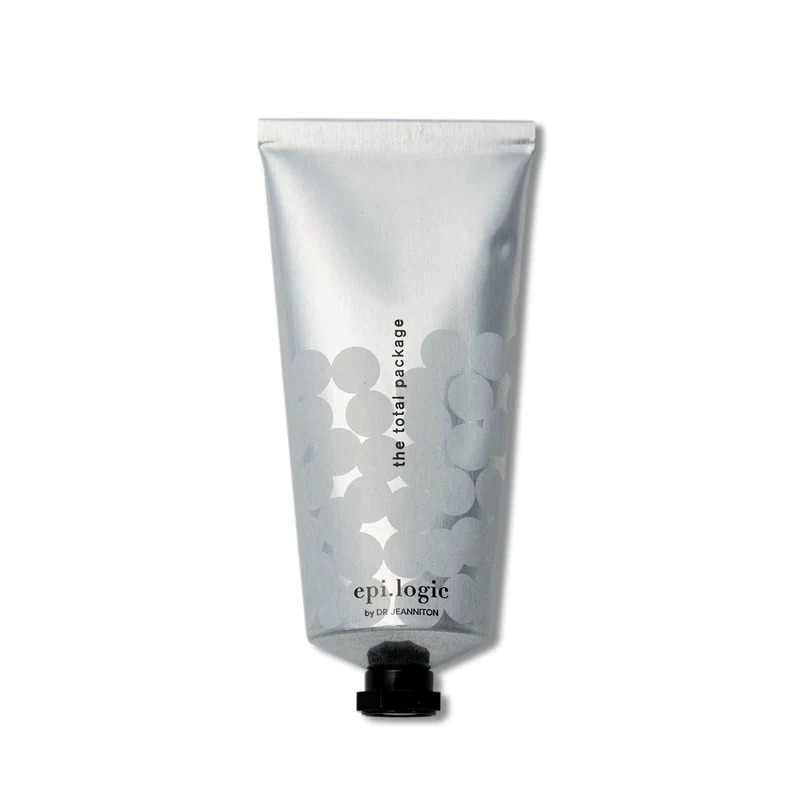
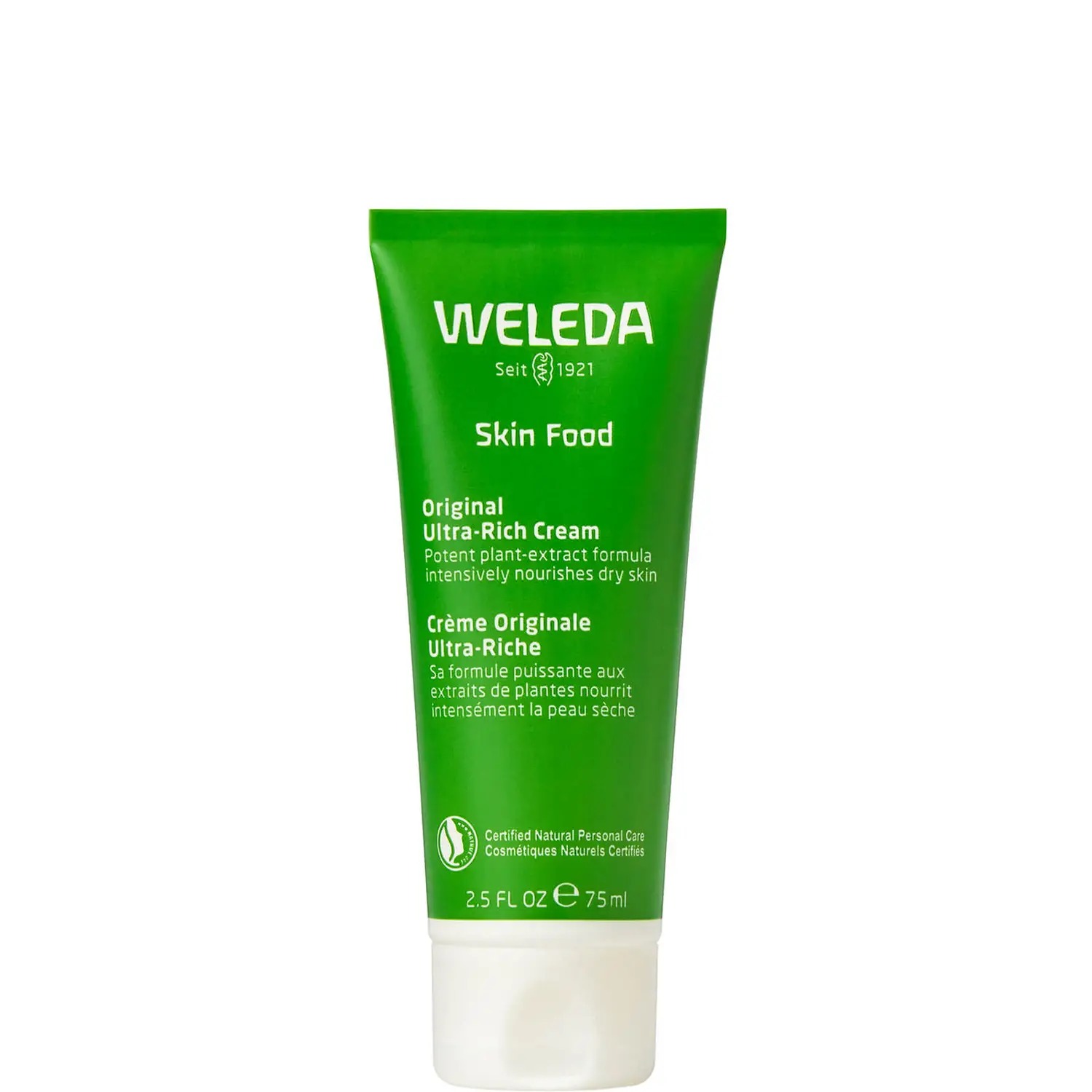
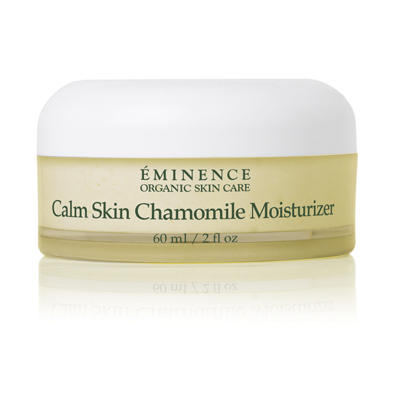
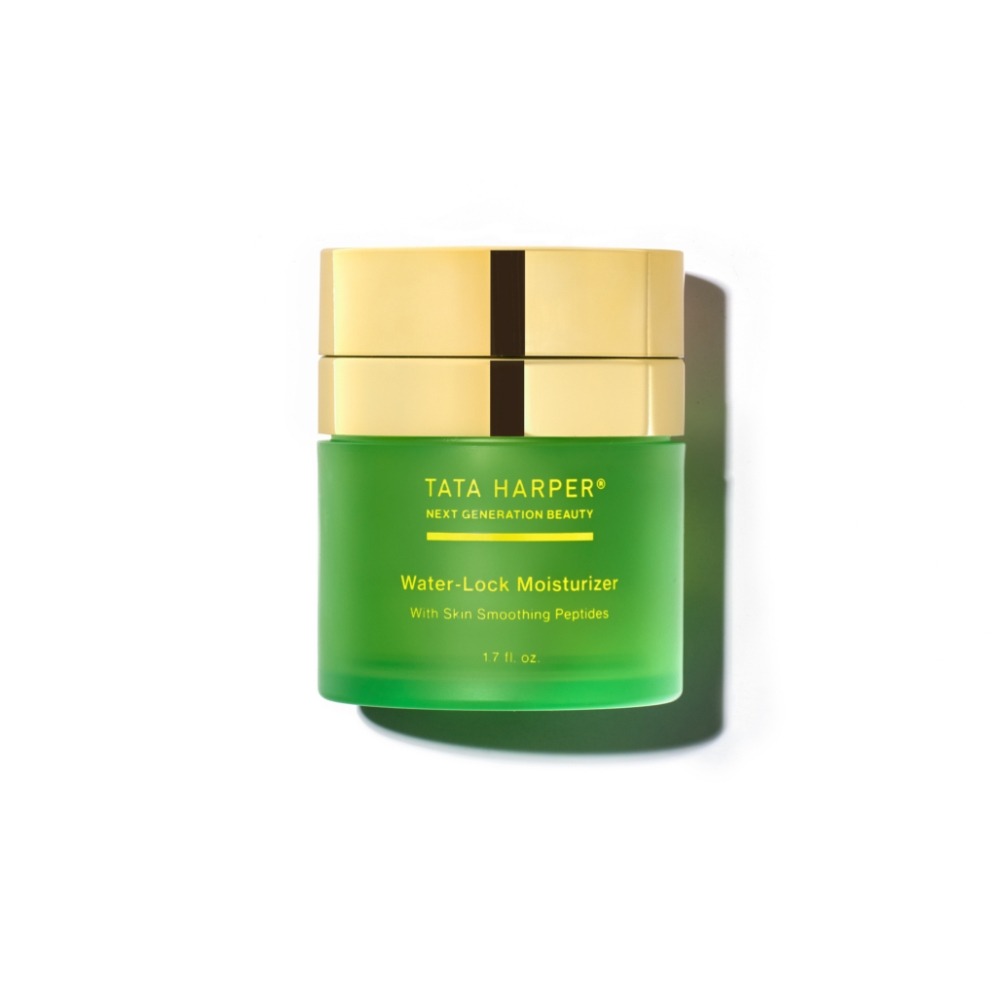
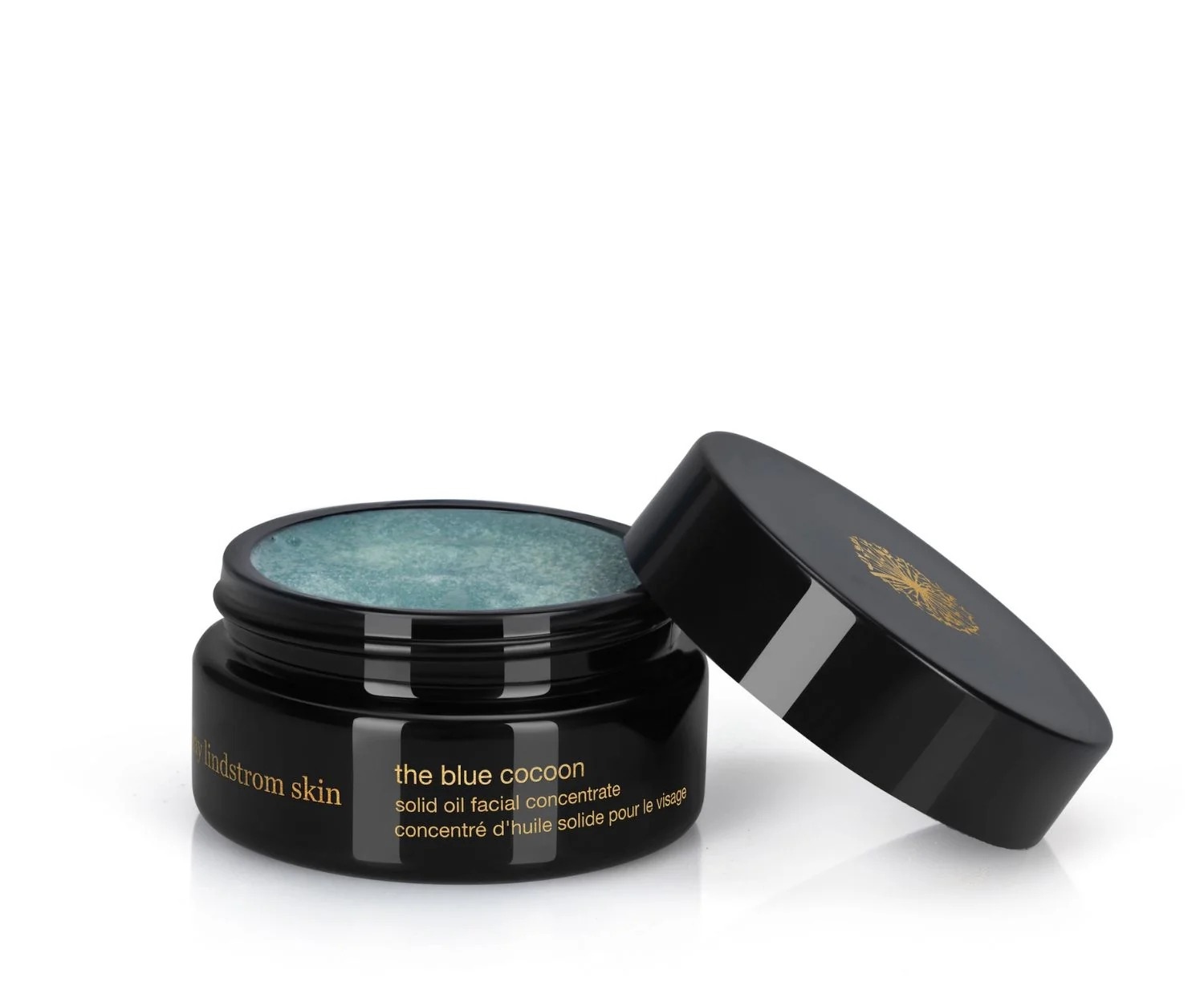
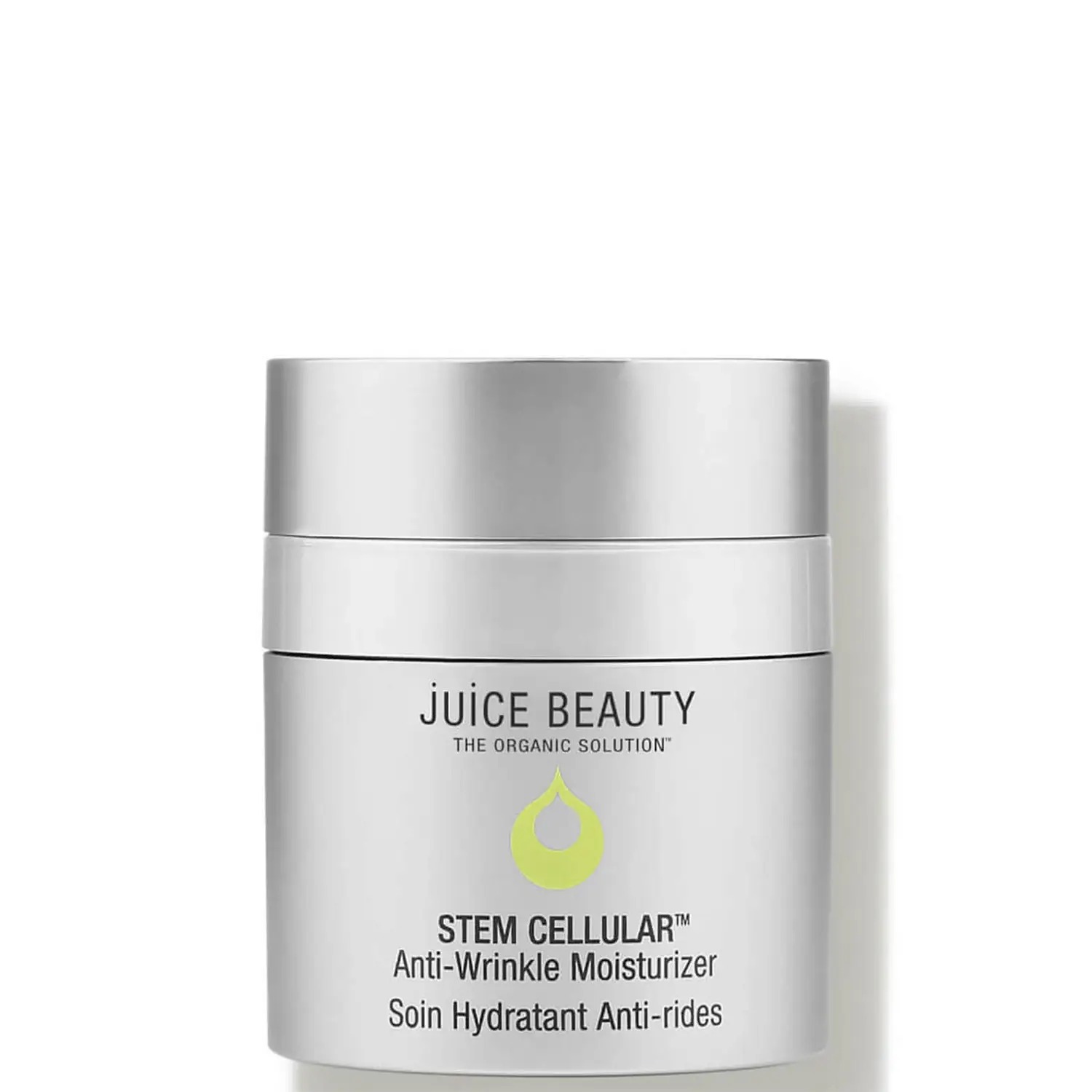
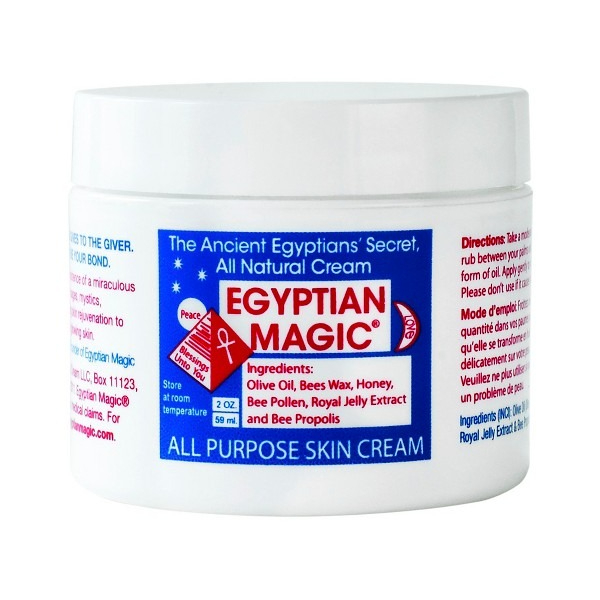
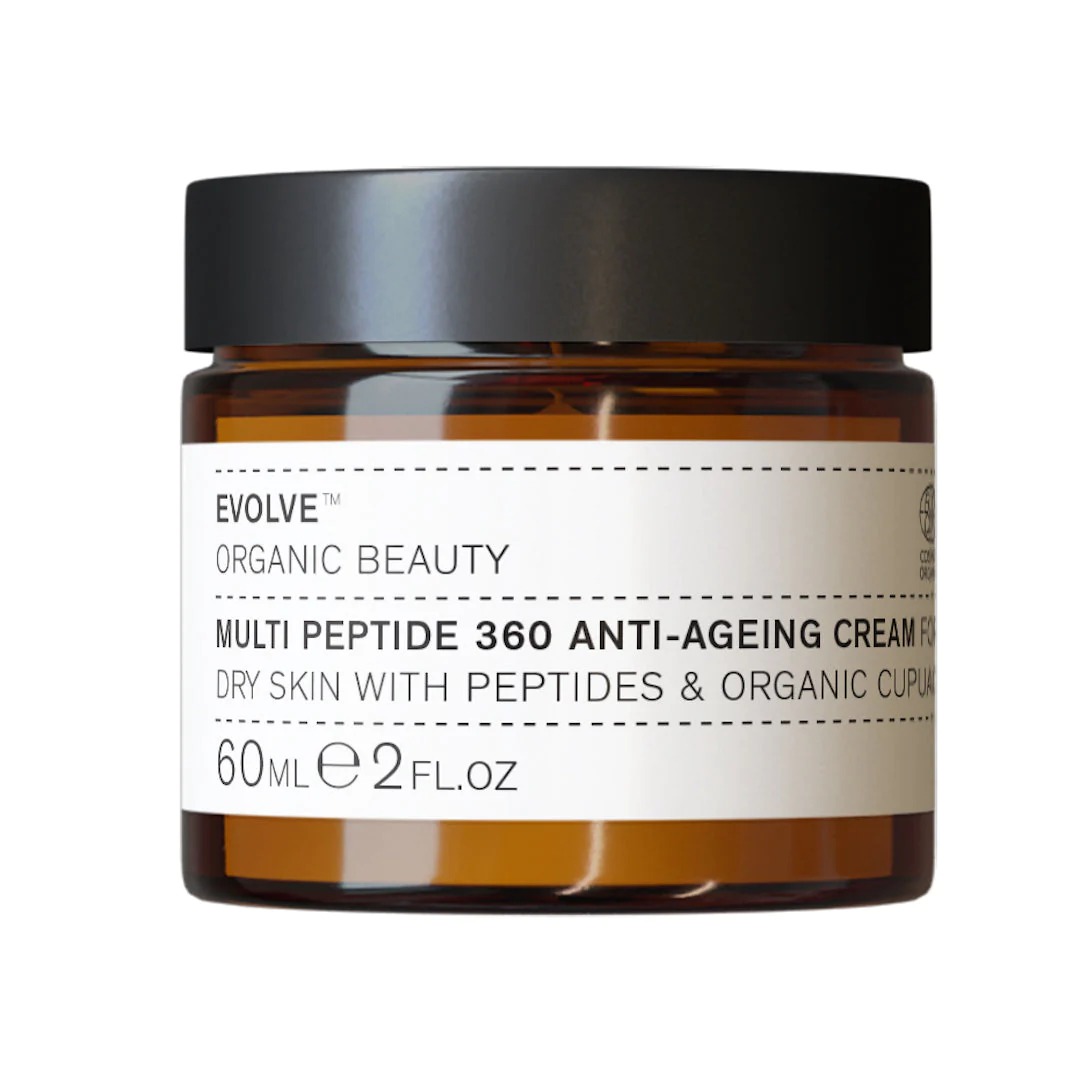
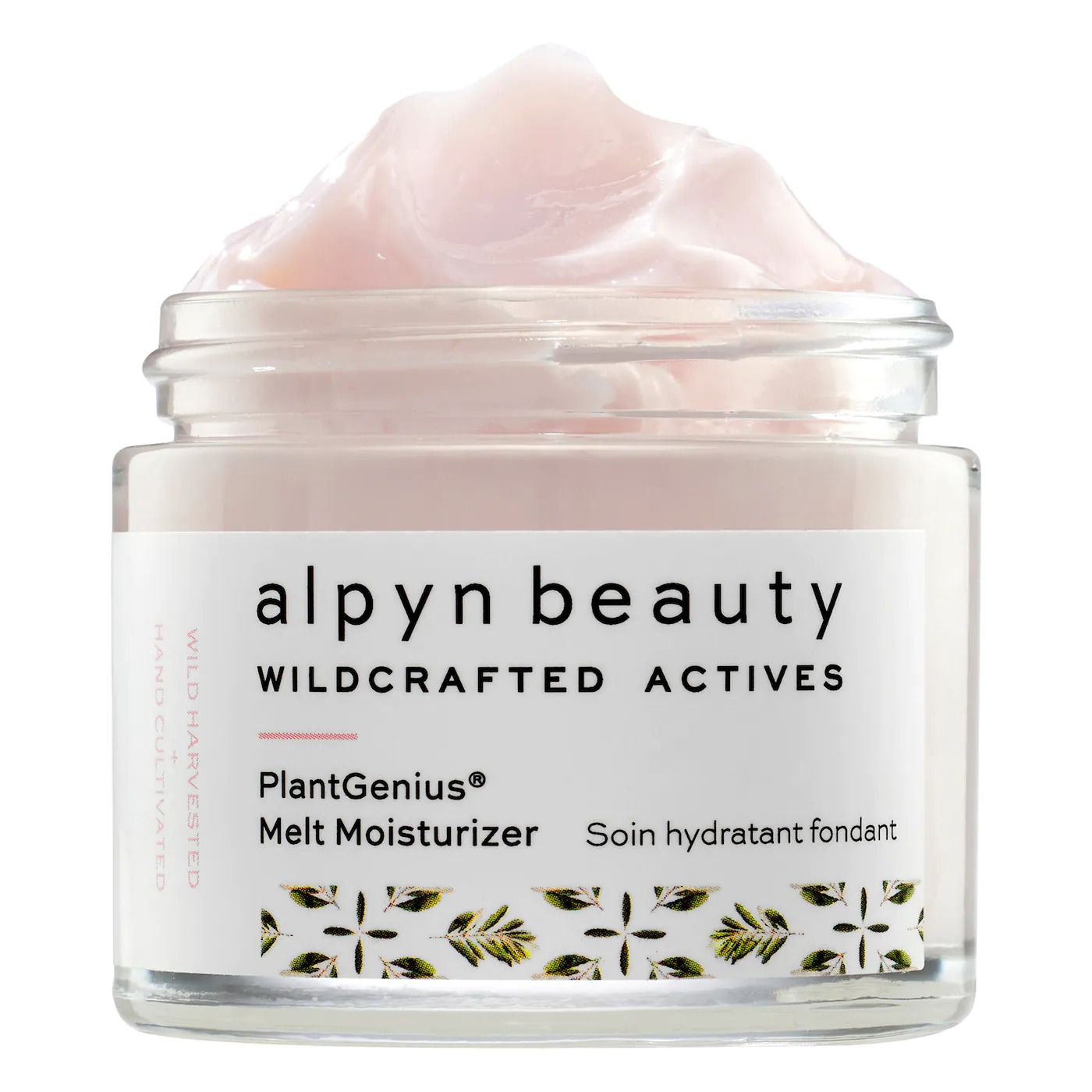
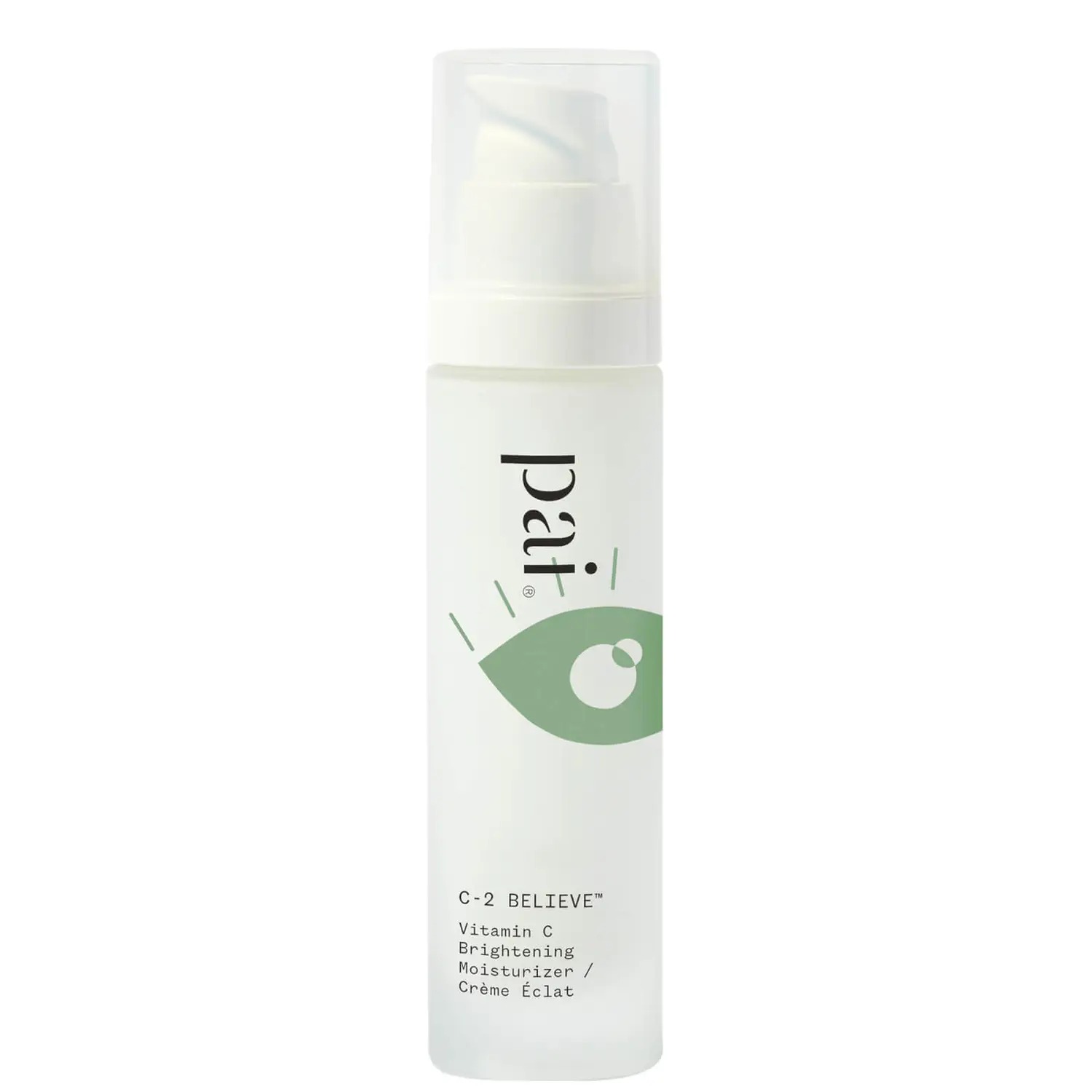
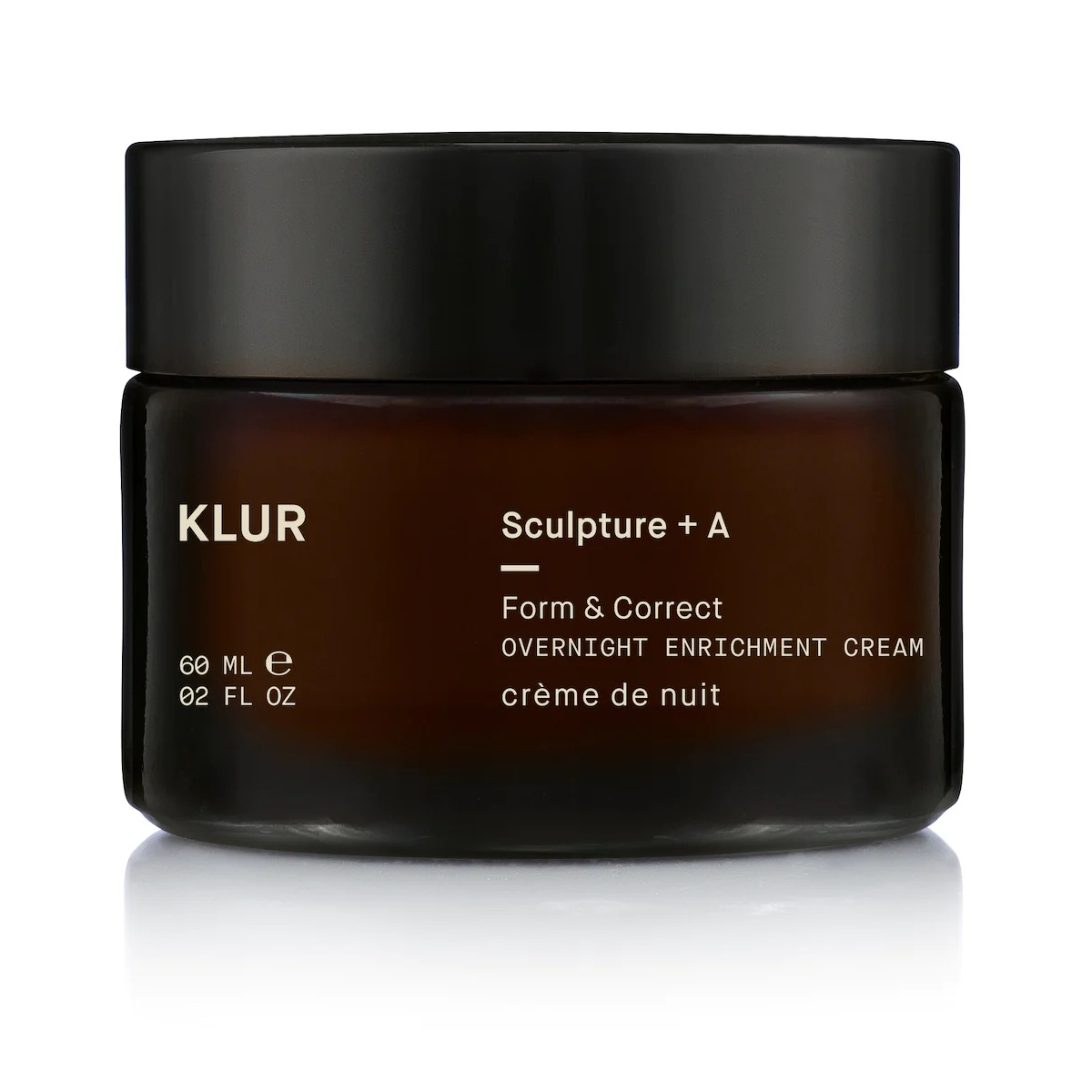
Up Next: This Viral TikTok Moisturizer Instantly Gives You the Dewiest Skin.
